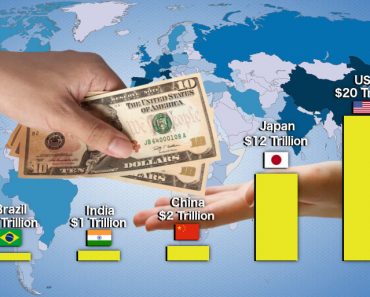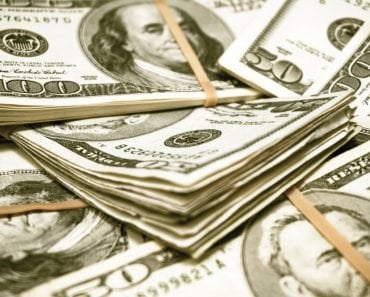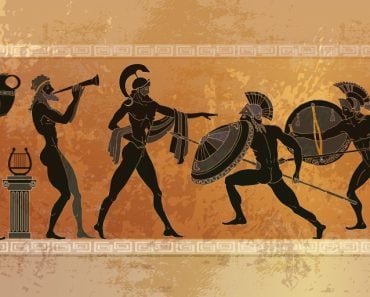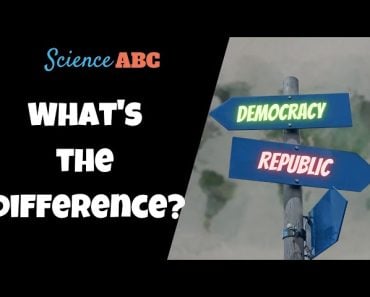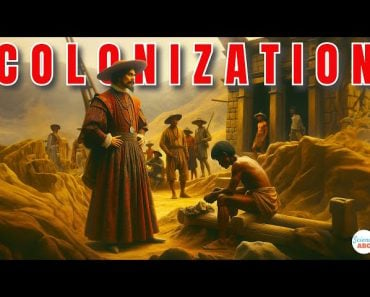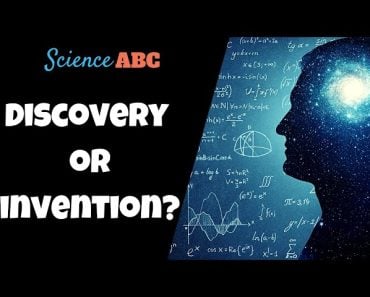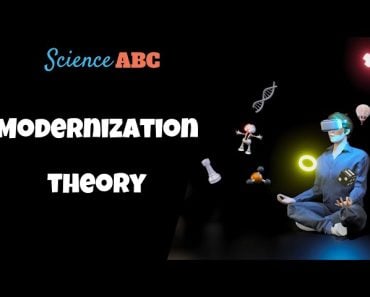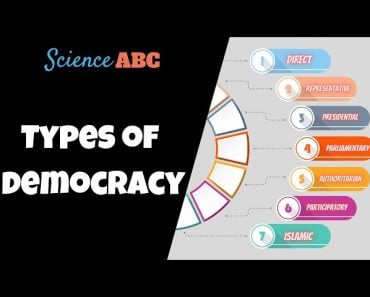Governments need to fund their operational expenditure, create new assets, as well as shape the future of the economy by deciding on industrial tax rebates.
‘..In this world, nothing can be said to be certain, except death and taxes,” stated Benjamin Franklin, while setting up the US constitution in 1789. Truer words have never been spoken!
No historical records tell us when exactly taxation started being imposed. For a long time, since there was no separation of the powers between God and the monarch, a payment to the king was seen as a contribution to God. Taxes, as a result, were seen as a tribute, rather than a charge. Think of ancient Greece, Chinese, Incan and Mesopotamian economies.
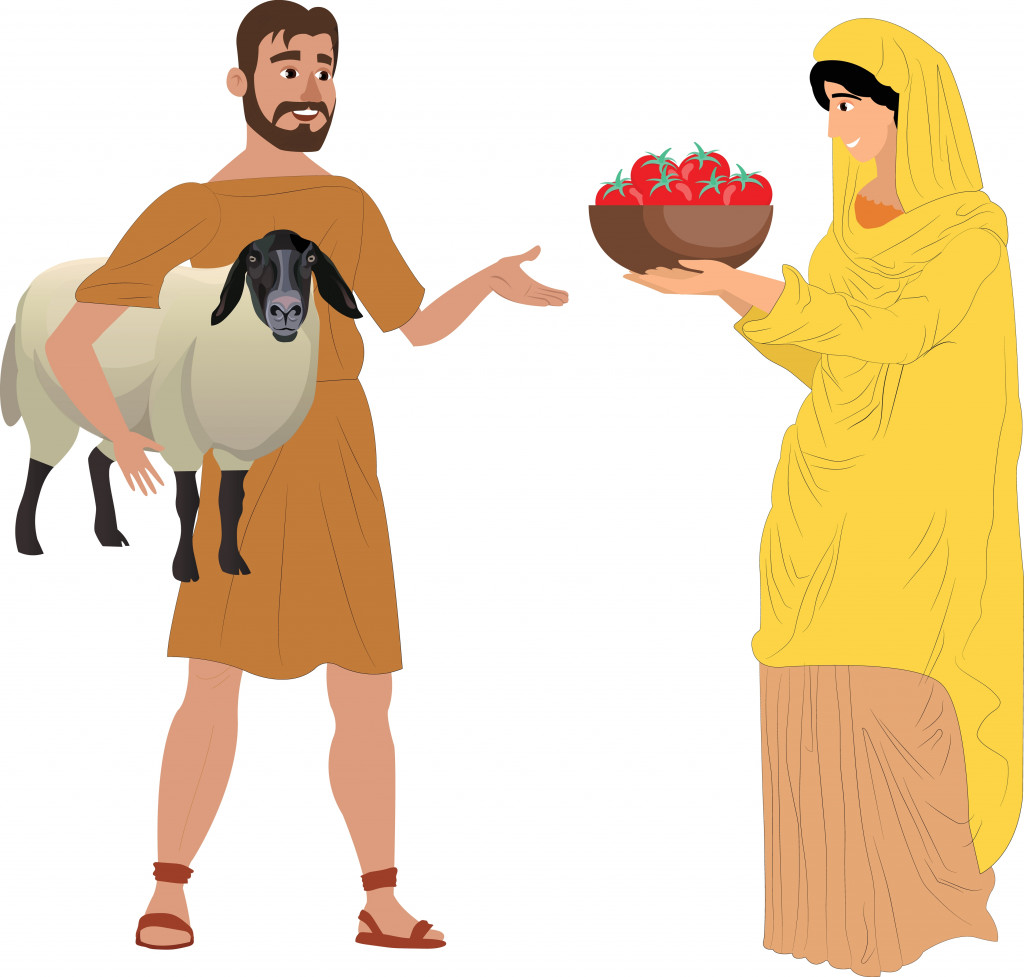
The innovation in taxation during ancient times was only conducted to meet rising war expenses. These modifications or impositions were also primarily accepted by the citizens as they were during cases of national emergencies. Only when the tax burden became extreme did a rebellion occur. The result of such a lively history is why modern taxation today is built on the edifice of equitable distribution.
There are two forms of taxation – direct and indirect.
Direct taxes, commonly known as income tax in the modern taxation system we know today, were not as widely prevalent. Today, income tax is a mass tax on all categories of income earners.
Within indirect taxes, customs duties and excise taxes were some of the earliest taxes adopted by most countries. This is simply because it was easier to identify goods that came from outside the country, rather than locate supply chains for levying sales tax within the country.
The pattern of evolution in levying taxes continues today, as tax developments from one nation influences other nations. However, the primary purposes of levying taxes are listed below:
Recommended Video for you:
1 – Tax Is A Tool For Funding Expenditure
Governments incur two kinds of expenditure: revenue and capital expenditure. The government incurs operational costs wen paying salaries to government employees working in different ministries; pensions also come under revenue expenditure.
Additionally, interest paid on past debts and subsidies handed out to the targeted population also fall under this category. The aforementioned types of expenditure incurred by the government is called revenue expenditure.
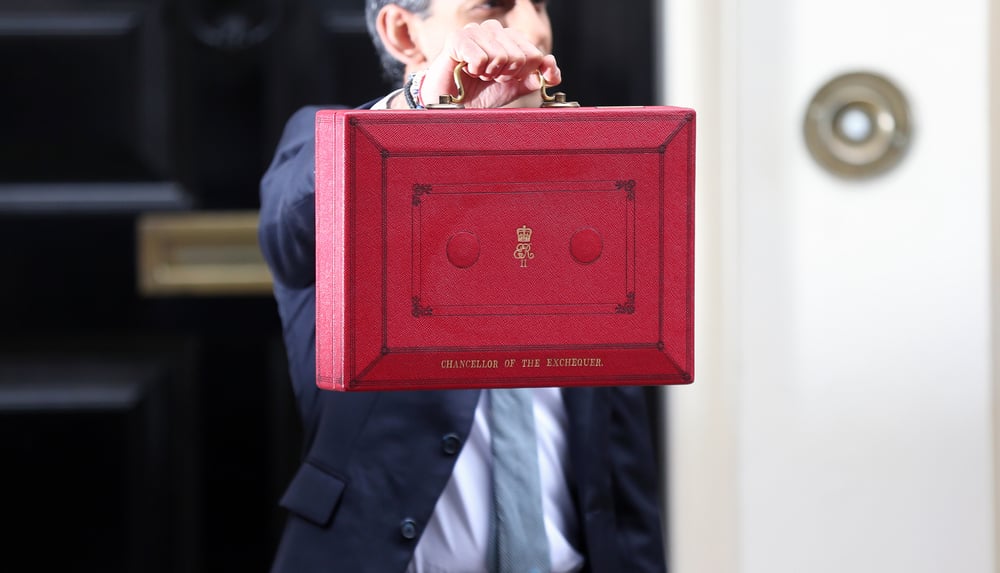
Capital expenditure refers to any expenditure incurred for creating any asset in the economy—assets such as buildings, roads, dams or any other project for public benefit. Investments made by the government or the purchases of precious metals and currencies also fall under this category.
While capital expenditure does have a fixed definition, any expenditure that does not lead to the creation of assets is categorized as a revenue expenditure by the government.
Governments have to meet both these expenditures annually.
2 – Tax Is A Tool For The Redistribution Of Resources
Apart from running daily affairs and building productive resources for the economy, taxes are also used to fund subsidies. Although most economies today are market economies, government plays a crucial role in reallocating funds to meet subsidies. These subsidies are given in the form of free education, employment allowances, waivers, and food supplies to the targeted population.
An economy cannot be entirely subjected to market forces, as this will result in inequality. No economy exists today that has no government intervention.

Therefore, it is necessary to ensure that taxes are used to meet the above expenses and that growth is equitable. Poverty is often a vicious cycle. Once trapped, an impoverished person is said to be trapped for a long time. There must be an external intervention in such a case to pull the person out of this trap.
Government intervention by providing subsidies through food stamps acts as an external intervention. Otherwise, a person mired in poverty usually goes further downhill, as it affects their job prospects, physical health, sanitation, mental health and so on.
3 – Tax Is A Tool For Incentives
Apart from funding expenditures and ensuring equitable growth, taxes also play a critical role in encouraging and discouraging certain behaviors of any economy.
Sin goods, as their name suggests, are harmful to society. Think of drugs, tobacco, alcohol, gambling etc. While the idea is to impose a heavy tax and discourage the consumption of these items, that may only sometimes be the result.
However, these goods are taxes on principle grounds to largely compensate the government for the anticipated health costs due to such habits. The cost of polluting the air is also an aspect that is considered while taxing smokers.
Similarly, if the government wants to set up a robust industrial sector in the economy, it hands out massive tax holidays to industries to encourage investment in those sectors.
Additionally, it may also offer tax rebates, which are refunded taxes to attract foreign and domestic investors alike.
4 – Tax Is A Tool For Oppression
The modern taxation system collects taxes from citizens based on their ability to pay, in most cases. However, this was not always the norm.
Older regimes levied taxes merely to fill their coffers, regardless of their implication on the commoner. These regimes also had poor tax collection infrastructure, which resulted in a predatory system of taxes.
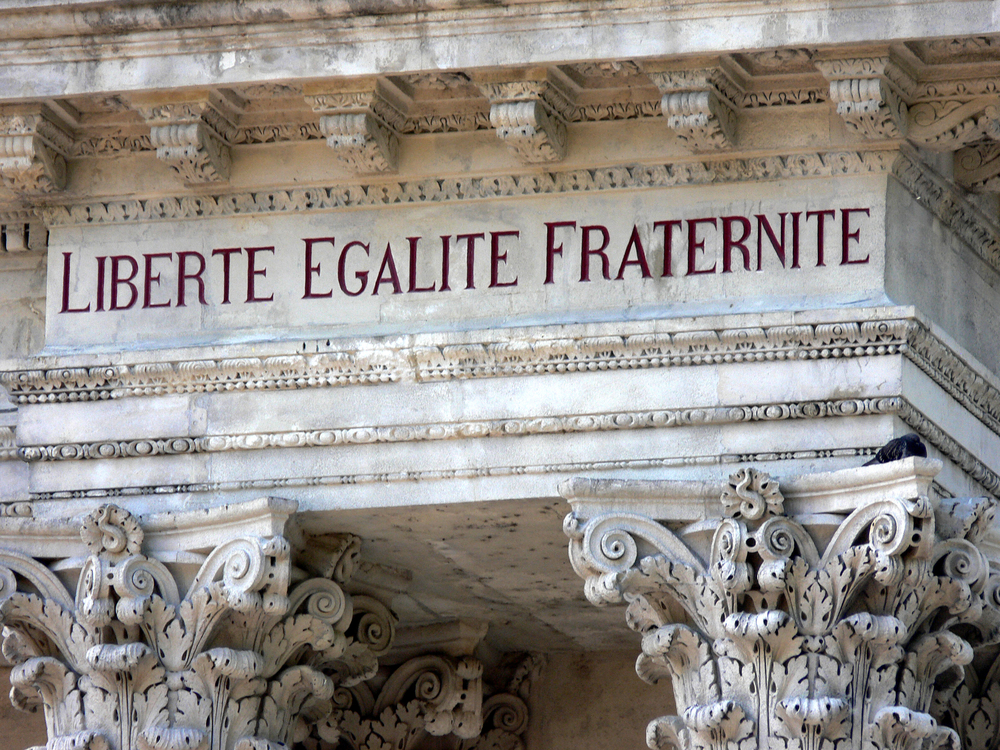
One example from history is the culmination of the 1789 French Revolution. The burden of taxes was imposed only on the commoners, known as the Third Estate. The unjustness of such a system and the desire for a more efficient method of tax collection led to a revolt by the masses. The seeds for the reform due to the French Revolution was sown by Enlightenment Age thinkers, such as John Locke and Jean-Jacques Rousseau.
The King was no longer seen as a direct conduit to God and the system of government was seen as a human-led institution that needed to actively work towards the ideas of liberty, equality and fraternity. Napoleon Bonaparte played a critical role in bringing social unrest to the front page by spreading such ideas. Ironically, although the monarch King Louis XVI and his wife were executed, Bonaparte crowned himself as the new head of the government!
Conclusion
Unlike its older counterpart, the modern taxation system focuses on ensuring equitable standards of living. While equity may not always be the result for every citizen, the system of modern taxation is built on these principles. Levying taxes is also an art; it is a tool that governments can use to make, break or shape the future of their economy.


